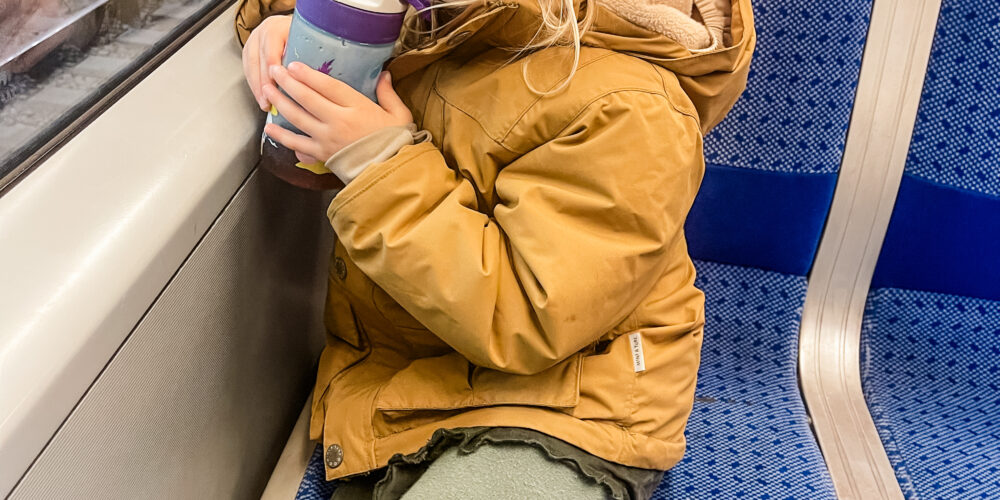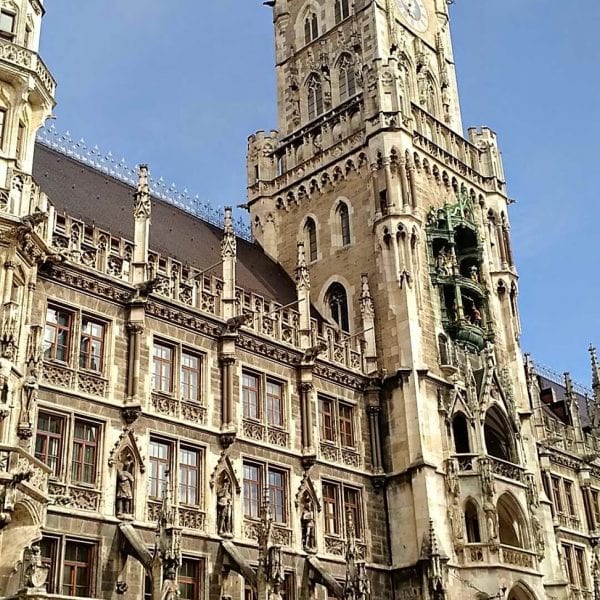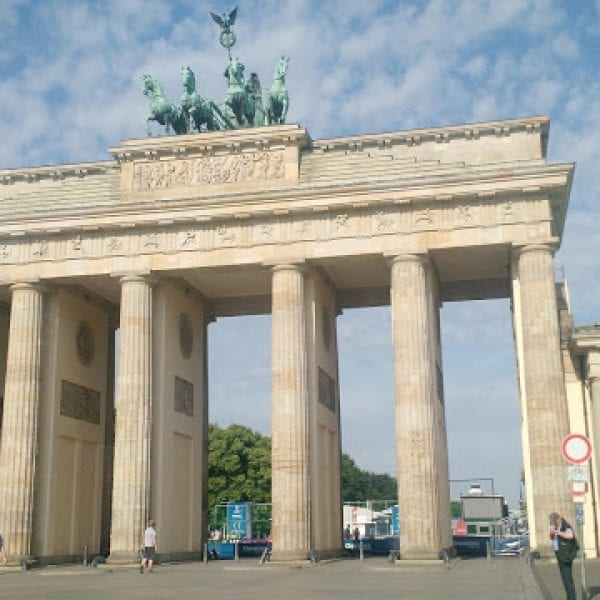When choosing somewhere to rest your head for the night during your travels, there are lots of options that you can consider from hotels to sleeper trains. This post explores 10 options – along with their pros and cons. How many of these types of accommodation have you tried?

Hotel
Hotels are the most popular option. A benefit of a hotel is that you can get your own room, however they can vary greatly in quality and cost. There are luxurious high-end options such as this 5 star hotel in Bangkok. And then there are basic low-end options like many 1 star motels along Route 66. It depends on what your budget and goal is.
Hostel
Hostels are generally cheaper than hotels. They are a great budget option for backpackers. The downside is that you often have to share a room with strangers – you pay for a bunk, not a room, and many of the rooms contain multiple bunk beds.
Capsule
Want your own room, but aren’t concerned how small it is? Capsule hotels were invented in Japan and can now be found in cities around the world. Your bed is located in a capsule that’s only slightly bigger than a coffin. Not a great option if you’ve got claustrophobic, but a very cheap and unique form of accommodation!
Rentals
These are the types of accommodation found on AirBnB. You can rent out your own space to stay in – which could be an apartment, a villa, a treehouse or even a castle. It’s more private than a hotel and it’s a great option for groups. You are in charge of your own catering though and you have to clean up after, plus there may be rules to follow.
Homestay
Homestay accommodation involves staying in a room within someone’s home. This type of accommodation is typically cheap and it gives you a taste of living in a local’s home. Some hosts may even be willing to prepare meals for you and taxi you around.
Tent
Camping is possibly the most rugged form of accommodation. It’s a cheap option when exploring rural areas. Most people stay on a campsite, where you have access to bathroom facilities and a secure plot. Some campsites even have luxurious glamping options that include pre-built tents with beds and electricity. At the opposite end of the spectrum is wild camping – which involves pitching up a tent in the wilderness (it costs nothing, but it’s only suitable for hardened campers).
Trailer
If you’re going on a road trip, it’s possible to tow your own trailer to sleep in. This allows you to park up anywhere and have your own conveniently accessible accommodation. It’s less rugged than a tent, but a lot more rugged than a hotel. Towing a trailer can also be quite tricky and may take some practise.
RV
Buying or hiring a reconnaissance vehicle (RV) could be another option for a road trip. While a trailer is towed behind a vehicle, an RV is a vehicle and accommodation in one. RVs can vary in size from small VW campers to large Winnebagos.
Cruise ship
Cruise ships are technically floating hotels. They can allow you to explore many different locations, while only having to pack and unpack your bag once. Some cruise ships are very basic – offering a tiny cabin and limited food choices. Others sport luxurious cabins, multiple restaurants, bars, pools and gyms.
Sleeper train
While you can technically sleep on any train, sleeper trains are designed for sleeping on and typically have designated beds. Some are very rugged, while others are more luxurious like the Orient Express (the original no longer exists, but there are many similar trains like it). Like a cruise ship, this allows you to sleep as you travel. When booking long train journeys, such trains are worth looking into.







Leave a Reply